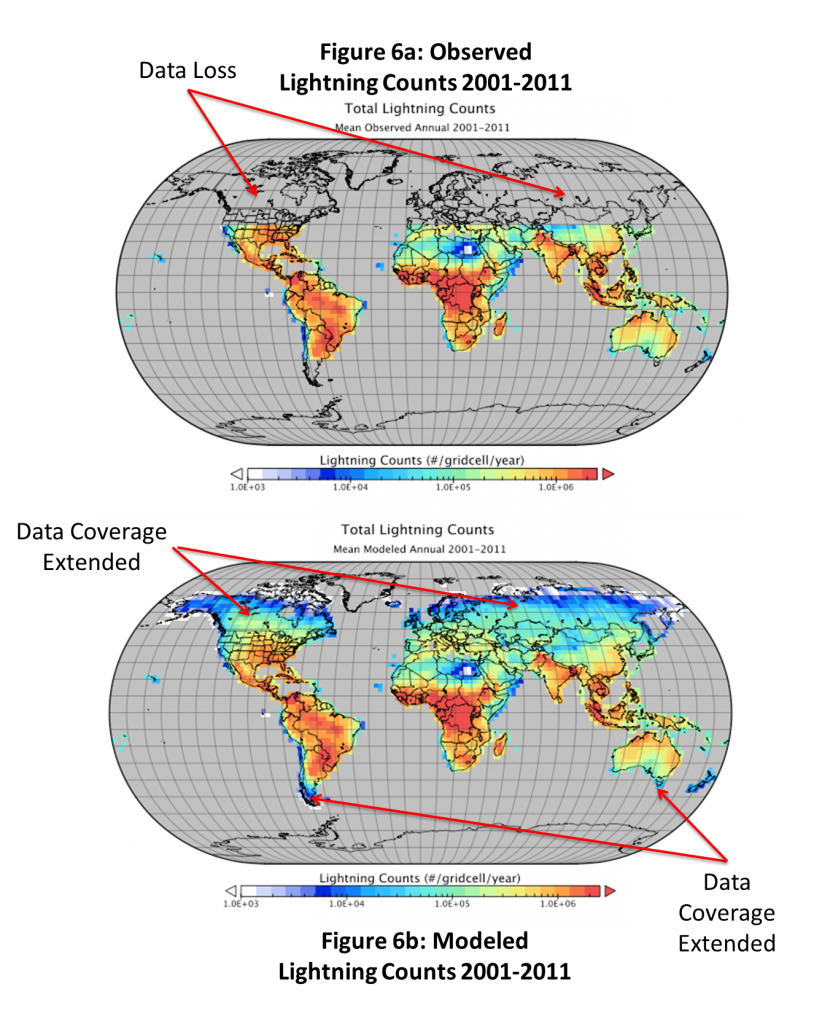MESAS students Warren Pettee and Thomas Winesett and I will be attending AMS 2015 (#AMS2015), along with many others from UNC Charlotte. I heard the count was about 8 undergraduate students from the Meteorology Program. Professor Casey Davenport and I will be the faculty representation at AMS – she and I make up 50% of our Meteorology faculty! Dr Davenport and I are also going to be a the AMS Career Fair with a big green UNC Charlotte table. We’ll be talking to anyone interested in learning more about the graduate and undergraduate programs in Atmospheric Sciences, Geology, Earth Sciences, and Geography at UNC Charlotte. Should be fun! Especially if we put out Andes mints.
For presentations, check my publications page for PDFs of the posters, but here is the summary with some images.
Thomas is presenting his poster twice, once at the AMS 14th Student Conference, and once at the AMS 7th Conference on the Meteorological Applications of Lightning Data (MALD) on Monday.

Thomas’s AMS 2015 poster (co-authors are myself and Dr Dan Cecil, NASA MSFC)
Warren is presenting research about his version of WRF and how it performs for the February 2014 Snow Event in Charlotte at the Student Conference.

Warren’s AMS 2015 poster (co-authors are myself and Professor Matt Eastin)
I am presenting my paper, recently accepted for publication in JTECH, at the 20th Conference on Satellite Meteorology and Oceanography on Monday.

My AMS 2015 poster for the 20th SatMet conference. Based on a paper that will be published at JTECH
